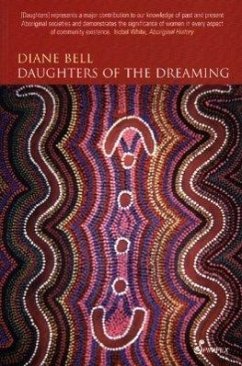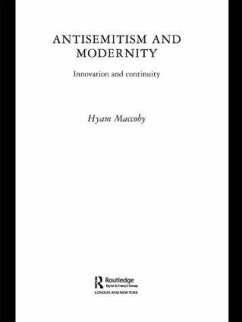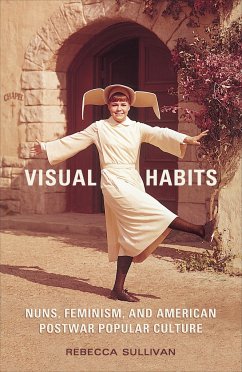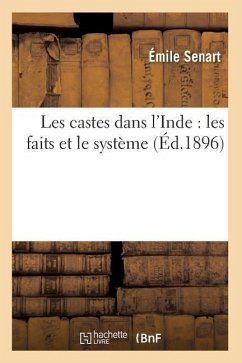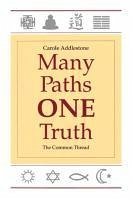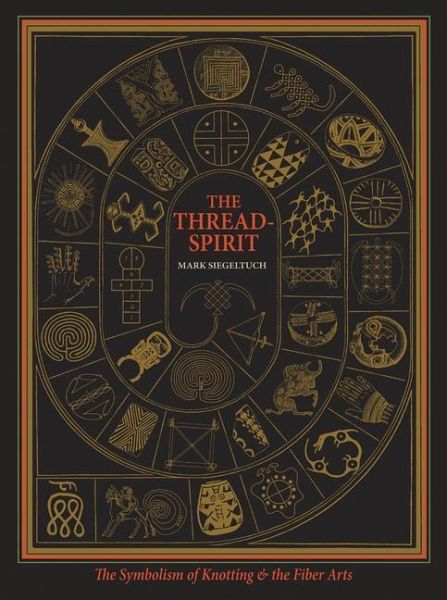
The Thread-Spirit
The Symbolism of Knotting & the Fiber Arts
Versandkostenfrei!
Versandfertig in über 4 Wochen
27,99 €
inkl. MwSt.

PAYBACK Punkte
14 °P sammeln!
Based on comprehensive research of textile arts and traditional symbolism, this compendium explores how societies, in the absence of writing, imparted wisdom to the next generation through the use of objects and practices of daily life, namely fiber arts--knotting, weaving, spinning, basketry, among others. Arguing that symbolism has been overshadowed by rationalism despite its continued existence in remote parts of the world, this unique record strives to examine these traditions and reunite them with their ancient meanings. This invaluable account will appeal to academics in the fields of anthropology, art history, and religion.



